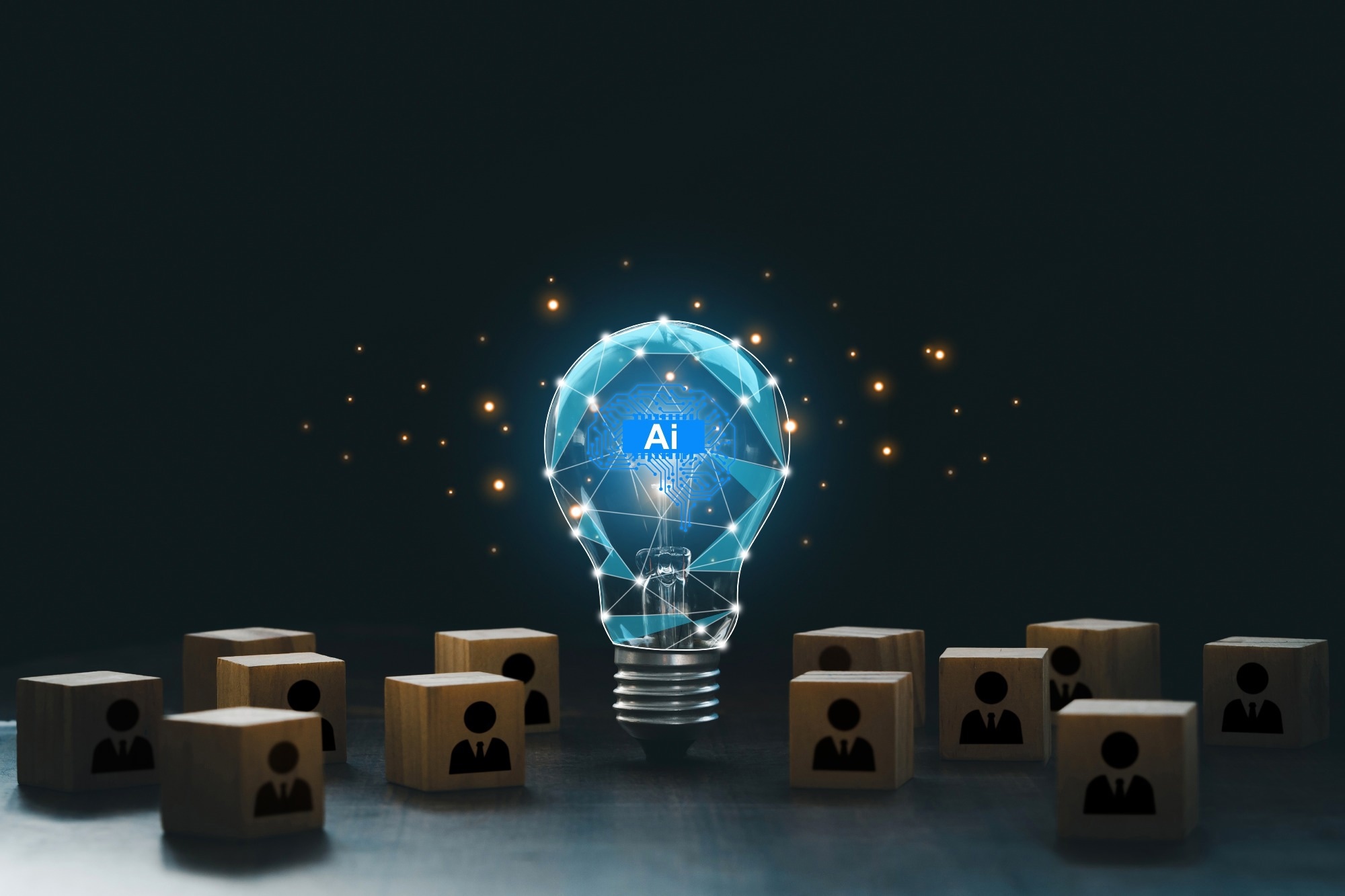A recent study published in the journal Nature explored "model collapse," showing that artificial intelligence (AI) models can degrade and produce gibberish when trained on data generated by other AI models. This phenomenon poses a serious challenge to the sustainability and reliability of generative AI models in the future. The researchers aimed to address this issue and explore potential solutions.
 Study: AI Model Collapse: Threat to Generative AI. Image Credit: chayanuphol/Shutterstock.com
Study: AI Model Collapse: Threat to Generative AI. Image Credit: chayanuphol/Shutterstock.com
Background
AI models are powerful tools for generating realistic and diverse content, such as text, images, and audio, from large-scale data sources. Generative AI models use statistical learning methods to capture the underlying patterns and distributions of data. For example, large language models (LLMs) like generative pre-trained transformers version 2 (GPT-2), GPT-3, and GPT-4 can produce coherent and diverse text by training on massive amounts of human-written text from the web. Similarly, stable diffusion models create realistic images from descriptive text by training on large collections of images and captions.
However, as generative AI models become more accessible and widely used, AI-generated content on the web is increasing. For example, AI-generated blogs, images, and other content are now common and can be easily created by anyone using online platforms or tools. This raises the question of what happens to generative AI models when trained on data contaminated by their outputs or those of their predecessors.
About the Research
In this paper, the authors investigated the effects of training generative AI models on recursively generated data, meaning data produced by previous generations of the same or similar models. They considered three generative models: LLMs, variational autoencoders (VAEs), and Gaussian mixture models (GMMs), and applied them to different domains such as text, images, and synthetic data. They simulated model collapse by training each model on data generated by its predecessor and repeating this cycle several times. Additionally, they analyzed the sources of errors and the theoretical mechanisms behind model collapse.
Research Findings
The researchers found that model collapse is a universal phenomenon affecting all types of generative models they tested. Over time, the models lose information about the original data distribution and become biased towards the most common events. For example, an LLM trained on text data generated by another LLM produced more frequent words and phrases and forgot less frequent or rare ones. This leads to a decline in the model’s performance and quality, as well as a loss of diversity and creativity.
The study showed that model collapse is inevitable, even under ideal conditions such as infinite data, perfect expressivity, and no function estimation error. Generally, the model collapse was caused by three main sources of error that compound over generations: statistical approximation error, functional expressivity error, and functional approximation error.
These errors resulted from the finite number of samples, the limited expressiveness of the function approximator, and the limitations of the learning procedures. The researchers demonstrated that model collapse negatively impacted the quality and diversity of generated content, as well as the fairness and robustness of the models.
Applications
This study has important implications for the future of online content and generative AI. It showed that model collapse poses a serious threat to the sustainability and reliability of these models, as they may become corrupted by their own generated content. The authors suggest that access to the original data distribution is crucial for preserving the ability of generative AI models to model low-probability events, which are often relevant to marginalized groups and complex systems.
They also highlight the need to track the provenance of online content and distinguish between human-generated and AI-generated data. Additionally, community-wide coordination and information sharing are essential to prevent or mitigate model collapse.
Conclusion
In summary, this research systematically investigated model collapse in generative AI models, revealing its causes and consequences. The researchers found that recursively training generative AI models on data generated by other models leads to a loss of information and diversity. They provided a theoretical framework and empirical evidence to support their findings. Their research opens a new direction for future studies on the long-term dynamics and stability of generative AI models, as well as the ethical and social implications of their widespread use.